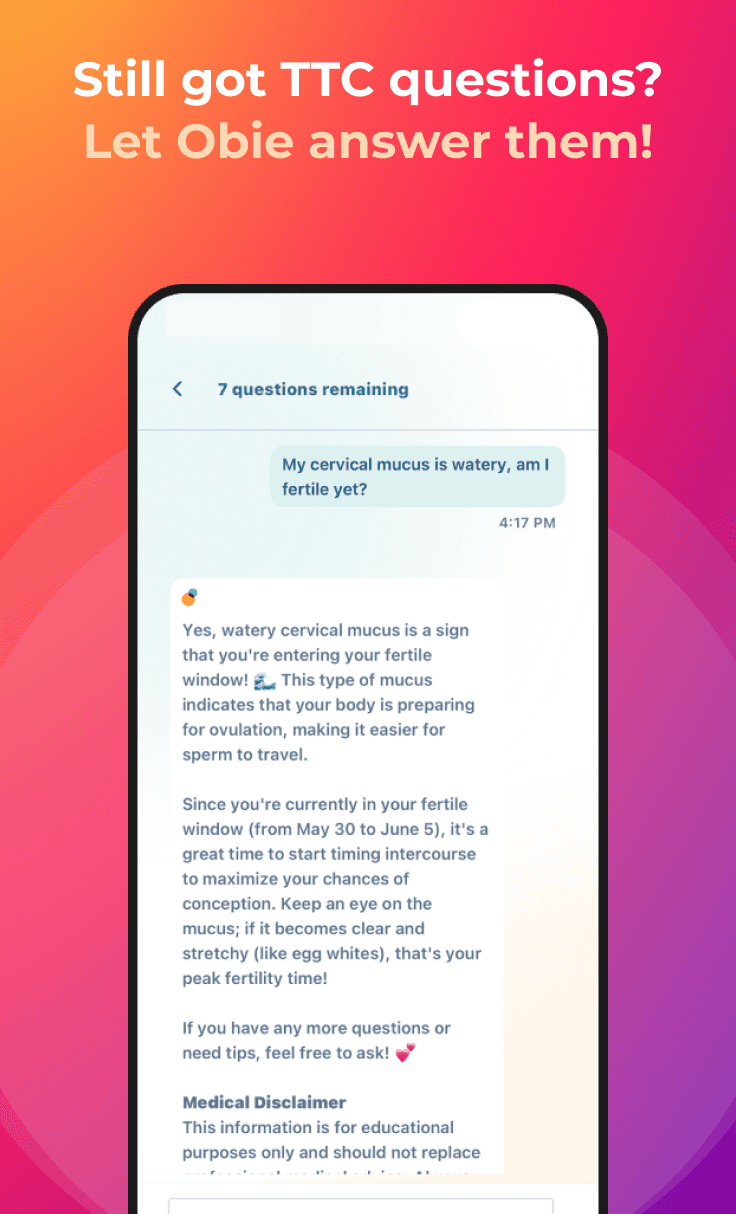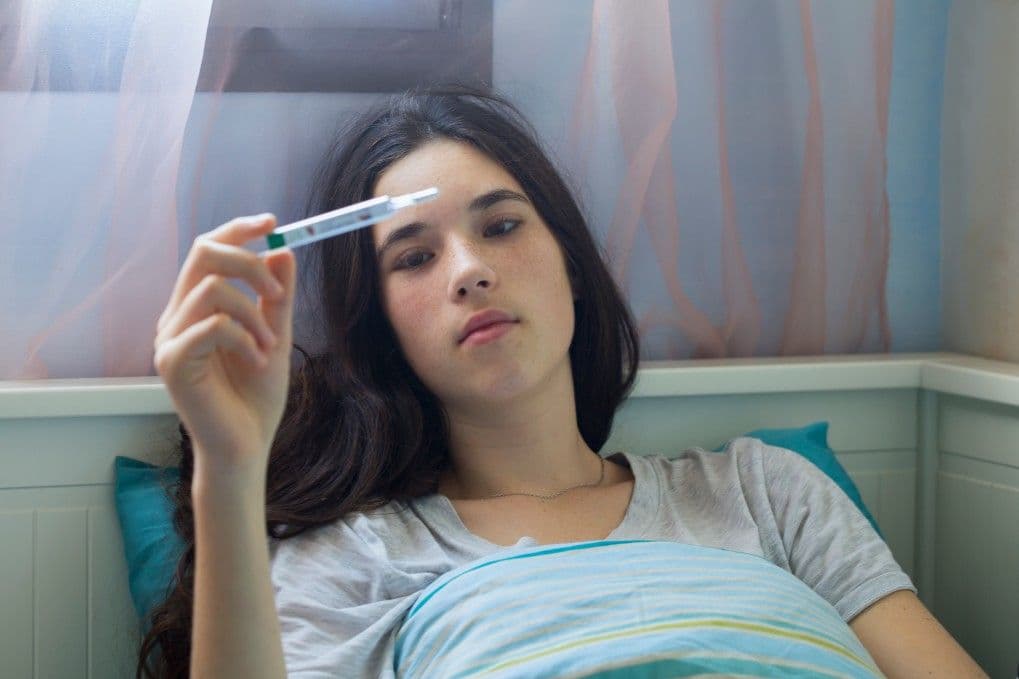Do Fertility Therapies Cause Autism?
Obie Editorial Team
If you are pregnant or planning on having a baby in the near future, autism is likely a major concern of yours. Since its cause is unknown, many statements exist claiming different methods of prevention. Childhood immunizations are a major one of these many claims, and many parents opt out of vaccines for their child despite the lack of scientific proof. Of course, taking drastic measures like these might cause an entirely separate set of problems, so it is important to look at hard scientific evidence before making any radical decisions.
A recent study closely examined another possible cause of autism disorders – fertility therapies – to determine whether or not expecting parents should avoid them in the face of the risks. The study examined women of all ages, and age proved to be a factor in the results. In women under the age of 35, fertility therapy, including ovulation inducing drugs and artificial insemination, did not increase the risk for having a child with autism. However, in women over the age of the 35, both methods of fertility increased the risk for autism. Artificial insemination was significantly associated with autistic children in the older women, and fertility drugs were also related, but not as pointedly so.
So, should you avoid artificial insemination or fertility drugs to prevent autism in your child?
For women under 35, the answer is a definite no. While there is always a chance your child might be autistic for unknown reasons, it cannot be fully prevented without understanding the cause. The results of this study show that fertility treatments have no effect on autism for women under 35. However, for women who are over the age of 35, this particular study suggests that you might be increasing your odds by using fertility treatments, especially artificial insemination. Unless artificial insemination is absolutely necessary, you might want to avoid it to be safe.
While the results of this study do suggest that fertility therapies might be related to autism for children born to mothers over 35, it is one of many, and other factors should be considered. For example, this study did not address the fact that maybe autism is more likely for all pregnant women over 35, in which case fertility treatments make no difference. If you are over 35 and fertility treatments are necessary, the joy of having a child will most likely outweigh the unavoidable risks.
Source: Lyall K et al: Fertility Therapies, Infertility and Autism Spectrum Disorders in the Nurses' Health Study II, Paediatric and Perinatal Epidemiology Volume 26, Issue 4, pages 361–372, July 2012
A recent study closely examined another possible cause of autism disorders – fertility therapies – to determine whether or not expecting parents should avoid them in the face of the risks. The study examined women of all ages, and age proved to be a factor in the results. In women under the age of 35, fertility therapy, including ovulation inducing drugs and artificial insemination, did not increase the risk for having a child with autism. However, in women over the age of the 35, both methods of fertility increased the risk for autism. Artificial insemination was significantly associated with autistic children in the older women, and fertility drugs were also related, but not as pointedly so.
So, should you avoid artificial insemination or fertility drugs to prevent autism in your child?
For women under 35, the answer is a definite no. While there is always a chance your child might be autistic for unknown reasons, it cannot be fully prevented without understanding the cause. The results of this study show that fertility treatments have no effect on autism for women under 35. However, for women who are over the age of 35, this particular study suggests that you might be increasing your odds by using fertility treatments, especially artificial insemination. Unless artificial insemination is absolutely necessary, you might want to avoid it to be safe.
While the results of this study do suggest that fertility therapies might be related to autism for children born to mothers over 35, it is one of many, and other factors should be considered. For example, this study did not address the fact that maybe autism is more likely for all pregnant women over 35, in which case fertility treatments make no difference. If you are over 35 and fertility treatments are necessary, the joy of having a child will most likely outweigh the unavoidable risks.
Source: Lyall K et al: Fertility Therapies, Infertility and Autism Spectrum Disorders in the Nurses' Health Study II, Paediatric and Perinatal Epidemiology Volume 26, Issue 4, pages 361–372, July 2012








